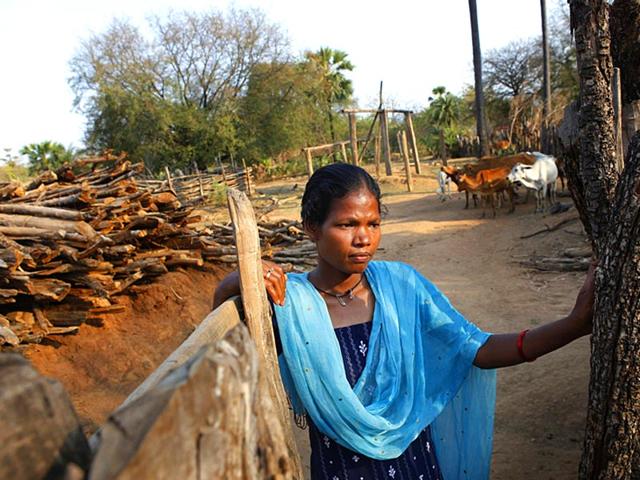NGOs: An extension of the government, not an adversary
NGOs can work as extension of government and help it in implementing the schemes effectively. Looking at them as an adversary will only lead to more tension and criticism, the government can do without both
Those who question the government’s policies are targeted. It is a pattern,” said lawyer Indira Jaising after her NGO — Lawyers’ Collective — was barred from receiving foreign funds for six months and its licence suspended for alleged violation of the Foreign Contribution Regulation Act (FCRA) by the government last week. Ms Jaising is not the only one who thinks that the government is using the FCRA as a tool to silence dissenting voices; there are many others. In this case and several earlier cases — Greenpeace being a well-known one — the government’s timing of issuing strictures and its targets have been injudicious, to say the least. In the case of Greenpeace, the NGO’s employee was going to Britain to speak on tribal rights and mining; and in the Jaising case, she had just returned from a release function of a book on the 2002 Gujarat riots. The timing and choice of targets have led to the criticism that the Centre cannot stomach dissent. While no one holds any brief for corrupt NGOs, in both these cases, the motives are less than benign.

Read | Indira Jaising’s NGO ‘Lawyers Collective’ suspended for 6 months
In fact, the Centre’s run-in with foreign-funded NGOs started in 2014. Last year, it proposed new rules that would require banks to report every transaction made by these organisations within 48 hours. Additionally, the NGOs will have to pledge that the money won’t be used for activities that go against national, public, security, strategic, scientific or economic interests — with the government retaining the right to interpret what these are.
Read | Modi government tightens grip on NGOs with recast rules
Last week, Union Minister for Urban Development, Housing and Urban Poverty Alleviation, and Parliamentary Affairs Venkaiah Naidu wrote a piece in a national daily describing what kind of ‘activism’ the government will accept from NGOs. Saying that the government respects dissent and freedom of speech and expression but they are not absolute and are subject to reasonable restrictions, the minister said that NGOs must practise “evidence-based advocacy”. The minister, more than anyone else, knows that in many cases, especially when it comes to the rights of the people, “evidence-based advocacy” is not always possible. In Bastar, getting people to speak against the high-handedness of the security forces and government can be a challenge. Should NGOs not raise issues because there is no evidence, at least the type the government wants.
Read | NGOs vs government
The Centre must realise that raising uncomfortable questions has its value. Moreover, NGOs can work as an extension of the government and help it in implementing social schemes effectively. Looking at them as adversaries will only lead to more tension and criticism.





